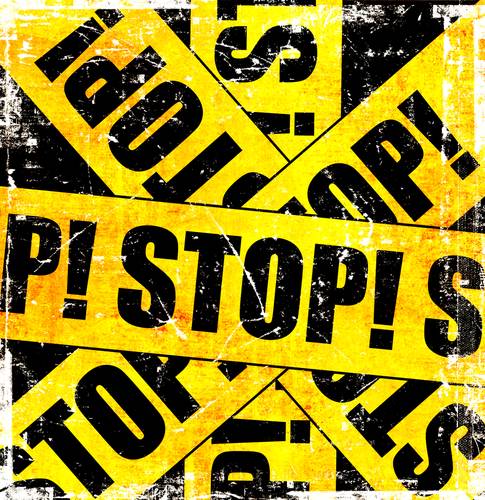I am the daughter of two retired psychologists. Good ones, I daresay, though many of my friends tease me that this fact explains much about me and have wondered whether my childhood was one giant Skinner box. (I won’t cop to that, though I will allow as how rat pellets are really not that bad in a pinch.) I don’t know that my childhood was all that distinct from any other child’s; as my mother is fond of saying: “Our family has issues just like any other family. The only difference is that we know why.”
That being said, one of the benefits of “knowing why” is I was exposed from an early age to the concept of navigating personal boundaries (though I’m not saying I’m particularly good at it myself). As part of their professional training, my mom and dad had to learn how to demonstrate empathy in their dealings with clients, many of whom were in vulnerable emotional states, while still maintaining an appropriate distance. They had to be very vigilant about their responsibility not to take advantage of or manipulate their clients’ vulnerabilities to their own advantage. In other words, they had to learn to maintain appropriate boundaries.
According to psychologists Henry Cloud and John Townsend, authors of Boundaries: When to Say Yes, When to Say No – To Take Control of Your Life, boundaries set limits on what we allow to happen to us, and how much of others’ issues we are willing to take on. They describe the limits of “self” and “other.”
And healthy boundaries are important to maintain, in all relationships, not just therapist-client ones. Indeed, probably all of us can think of situations where we have had to enforce our own boundaries, and perhaps we have felt “mean” or “unreasonable” for doing so. However, doing so makes us anything but. I can think of several deeply painful situations in my own life where I knew I was doing the right thing to enforce boundaries appropriately even though the other person(s) vehemently disagreed; I can also think of countless smaller, less stressful situations. While it is sometimes difficult to maintain boundaries, it is impossible to have healthy, fulfilling relationships with others if we do not have a reasonable sense of what we can appropriately expect of one another. And of course this will differ depending on the relationship.
 This goes for athlete-coach and teammate-teammate relationships as well. We as athletes and coaches bring ourselves to training. All of ourselves. Of course we bring our bodies, but we also bring our thoughts, emotions, and internal self-talk. We bring everything we are feeling, thinking, and experiencing, and sometimes these things spill over into situations where they don’t necessarily belong. Sometimes we need things that are not appropriate for us to get from our coaches or teammates. But sometimes it is also difficult for us to make an effective judgment, either as the person who needs or the person who is potentially needed. As coaches we are not necessarily trained to handle boundary issues the way my parents were. And as athletes, we are not necessarily skilled at identifying what’s appropriate and what isn’t.
This goes for athlete-coach and teammate-teammate relationships as well. We as athletes and coaches bring ourselves to training. All of ourselves. Of course we bring our bodies, but we also bring our thoughts, emotions, and internal self-talk. We bring everything we are feeling, thinking, and experiencing, and sometimes these things spill over into situations where they don’t necessarily belong. Sometimes we need things that are not appropriate for us to get from our coaches or teammates. But sometimes it is also difficult for us to make an effective judgment, either as the person who needs or the person who is potentially needed. As coaches we are not necessarily trained to handle boundary issues the way my parents were. And as athletes, we are not necessarily skilled at identifying what’s appropriate and what isn’t.
Heck, as PEOPLE we are not necessarily skilled at identifying what’s appropriate and what isn’t. But it is important for us to be vigilant, trust our guts, and know ourselves as much as we can. We may make some miscalculations in our enforcement and penetration of boundaries, because they are permeable and changing, but even an awareness of the dynamic is a good place to start.
To wit, here is a list of questions for you to consider if you think there might be some boundary issues going on in an interaction you are having with another person, whether in an athletic context or just in general:
- Is this interaction consistent with my previous interactions with this person, or does it seem incongruous?
- Is this interaction consistent with my understanding of what constitutes an appropriate relationship between a coach and an athlete (or between two teammates, etc.)?
- Am I sensing any discomfort about this interaction, even in the absence of a solid justification for feeling uncomfortable?
- Can I get an external “reality check” from someone I trust about whether there might be a boundary violation going on?
Read parts two and three of our boundaries series:
Defining Boundaries, Part 2: Money, Relationships & Heroes in the Gym
Defining Boundaries, Part 3: How to Enforce Them
Photos courtesy of Shutterstock.






